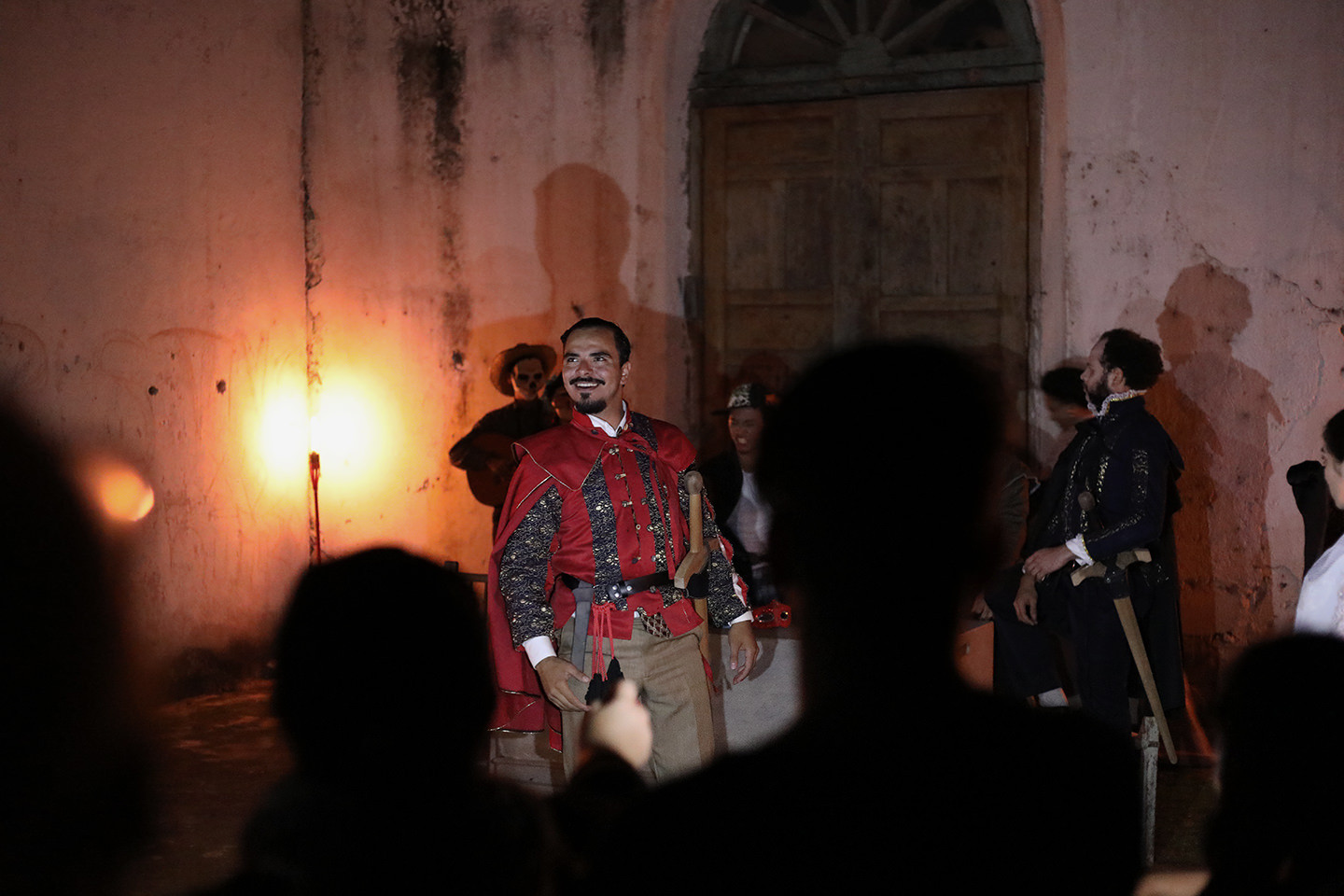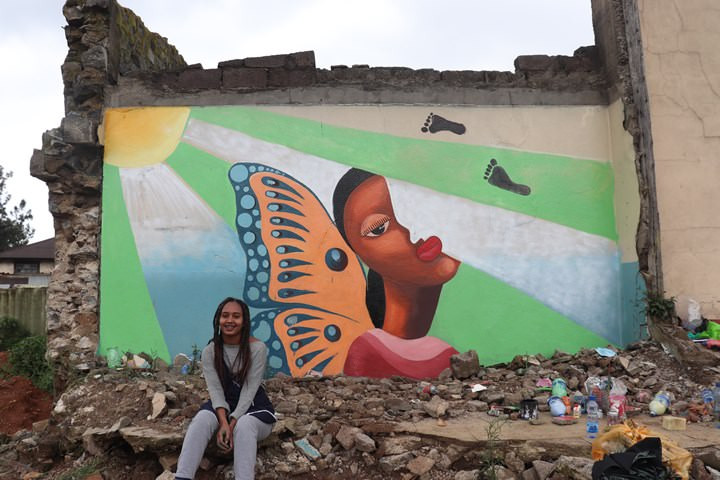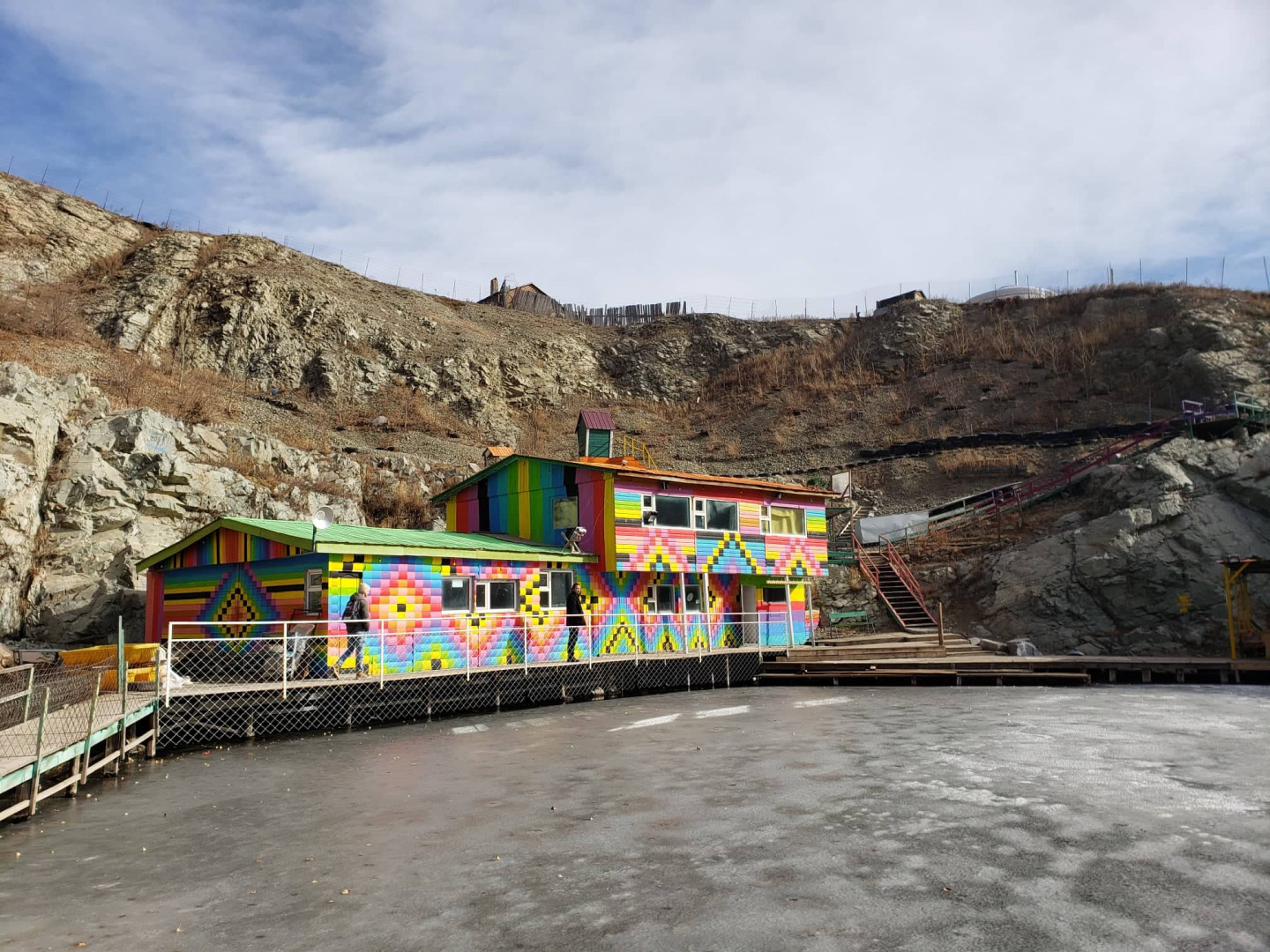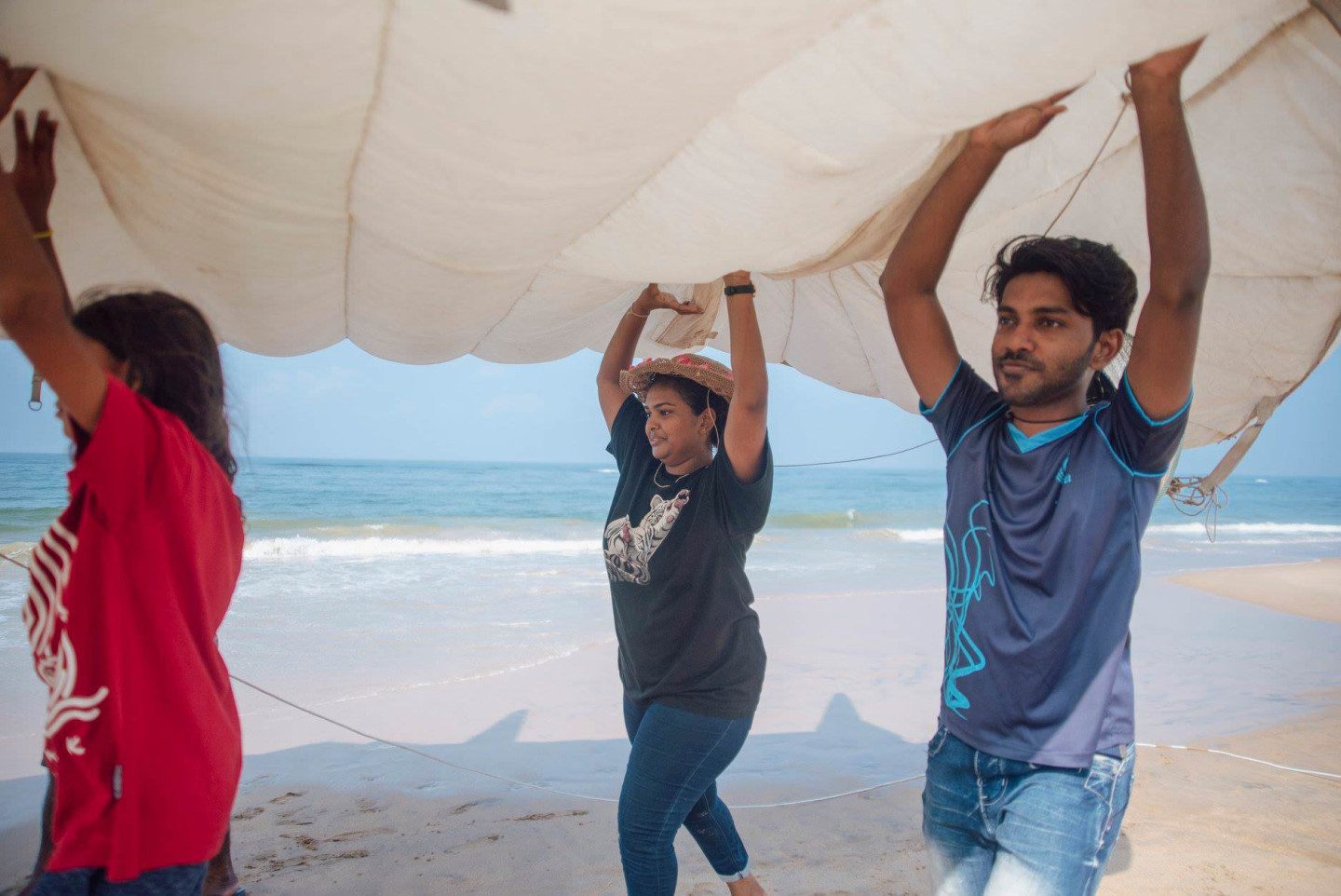How to get involved? Watch the video introduction to European Spaces of Culture.
On 13 January 2021, the second Call for Ideas was launched under European Spaces of Culture. The purpose of the Call is to redefine the idea of what European cultural relations can be, by finding and testing new innovative ideas for models of European Spaces of Culture or to retest and scale up already identified models during the first phase of the Preparatory Action (2019-2020).
The Call requires proposals to be co-created by local stakeholders (e.g. civil society organisations, local cultural actors, etc.), EUNIC members and EU Delegations in the spirit of equal partnership.
The Call has an envelope of EUR 500,000, with an additional Mobility grant scheme of EUR 14,000. Depending on the funding requested, around 10 projects are planned to be funded. Project teams are invited to apply with a cultural relations project outside of the EU until 13 June 2021.
Project teams can apply for up to 60,000 euros for the entire project, to be spent in different steps. Submitted proposals need to involve a minimum of three full EUNIC members, the EU Delegation and at least three key local cultural partners. Implementation of the projects is scheduled for 2022.
Three steps
The Call is implemented in three steps with two selection rounds:
- Step 1 invites the EUNIC network, together with EU Delegations and local partners, to come together to submit innovative ideas. To facilitate the forging of partnerships during this period, EUNIC colleagues are encouraged to travel and meet in person and to that end can apply to the dedicated Mobility scheme when in need of travel budget. At this stage, teams need to present a relevant project idea, that is co-created with partners and follows the principles of international cultural relations.
- Step 2 selects a number of ideas that will be further developed into project proposals. Selected project teams will have four months to further define their partnership and proposal. At this stage, teams develop their idea into a project plan that includes more details about the partnership, concrete activity plana, and evaluation and communication strategies.
- Step 3 selects a number of project proposals to be implemented as pilot projects in 2022. The implementation of the pilot actions will also include data collection for the evaluation that will be performed at the end of the projects.
Project idea design toolkit
The Spaces team at EUNIC has developed a toolkit to guide aspiring project teams through some of the main aspects of project design, from identifying the local need to taking concrete steps to set up the partnership. It offers five main guiding questions that are recommended to be discussed and answered jointly by all collaborating partners and includes several thinking exercises and templates to help them develop their partnership and project idea. Find the toolkit here.
How to apply: Find the European Spaces of Culture Call for Ideas 2021 and all relevant documents for your application in the EUNIC Google Drive.
Step 1
13 January 2021: Launch of Call
13 January 2021: Opening of Mobility scheme
13 May 2021: Deadline for Mobility scheme
13 June 2021: Deadline for submission of ideas
Step 2
June/July 2021: Selection of best ideas
July 2021: Inception meeting with selected ideas
Aug – Nov 2021: Project refinement for selected ideas
September 2021: Creative Lab for selected ideas
4 November 2021: Deadline for submission of project proposals
Step 3
November 2021: Selection of pilot projects
December 2021: Inception meeting with selected project teams
Jan – Oct 2022: Implementation of pilot projects
Jan – Oct 2022: Creative Labs with project teams
Oct – Nov 2022: Reporting period
If you have any question about the project or the Call for Ideas, or if you want to share your first ideas in advance, feel free to contact Robert Kieft (Project Manager) via robert.kieft@eunicglobal.eu. Also consult the European Spaces of Culture Frequently Asked Questions.
Join the team in the Open Spaces free consultation room, open every Thursday at 5-6 pm CET and Friday at 10-11 am CET. Once in, follow the instructions on screen. And join the webinar series dedicated to European Spaces of Culture: see more information and sign up here.
The Preparatory Action European Spaces of Culture and its pilot projects aim to seek new ways of collaboration in cultural relations, following a number of guiding principles, which reflect the EU strategy for international cultural relations:
- Encourage people-to-people contacts through a bottom-up approach, based on local consultation and co-creation;
- Go beyond projection of the diversity of European cultures;
- Focus on the process as well as on outputs and outcomes: a new spirit of dialogue, mutual listening and learning, where partners are on equal footing and engage in a joint capacity building process;
- Facilitate learning from and across experiences, including cross-fertilization between the different collaboration models tested.
Expected results
- Increased people-to-people contacts between European and local stakeholders;
- Concept of European Spaces of Culture, fostering a continuous process of improvement in cultural relations practices;
- New collaboration models identified for doing cultural relations;
- Learn from the pilot projects in order to enhance cooperation and pooling of resources;
- Evidence-based policy recommendations for European Spaces of Culture as structural financial instrument for European cultural relations;
- Monitoring & evaluation methodologies for cultural relations activities.
One of the main characteristics of the project is seeking innovation, reflected by the overall Prepartory Action as well as the implemented pilot projects.
The overall Preparatory Action facilitates modern cultural relations:
- Focus on collaborative process more than outputs and outcomes;
- Two-step application process, allowing project teams to forge and structure strong partnerships;
- Cross-border projects are encouraged;
- International and fully independent selection committee;
- Dedicated Monitoring & Evaluation methodologies.
The pilot projects bring new perspectives and processes to European collaboration through culture:
- New concepts or ways of working with local cultural sectors, including digital cultural relations;
- Projects based on contexts and needs of local communities;
- Partnerships with new stakeholders, or brought to a new level by bottom-up approach and equality;
- Ideas on entrepreneurship, profitability and sustainability;
- Culture as a means for the promotion of values such as artistic freedom (of expression), social cohesion and equality.
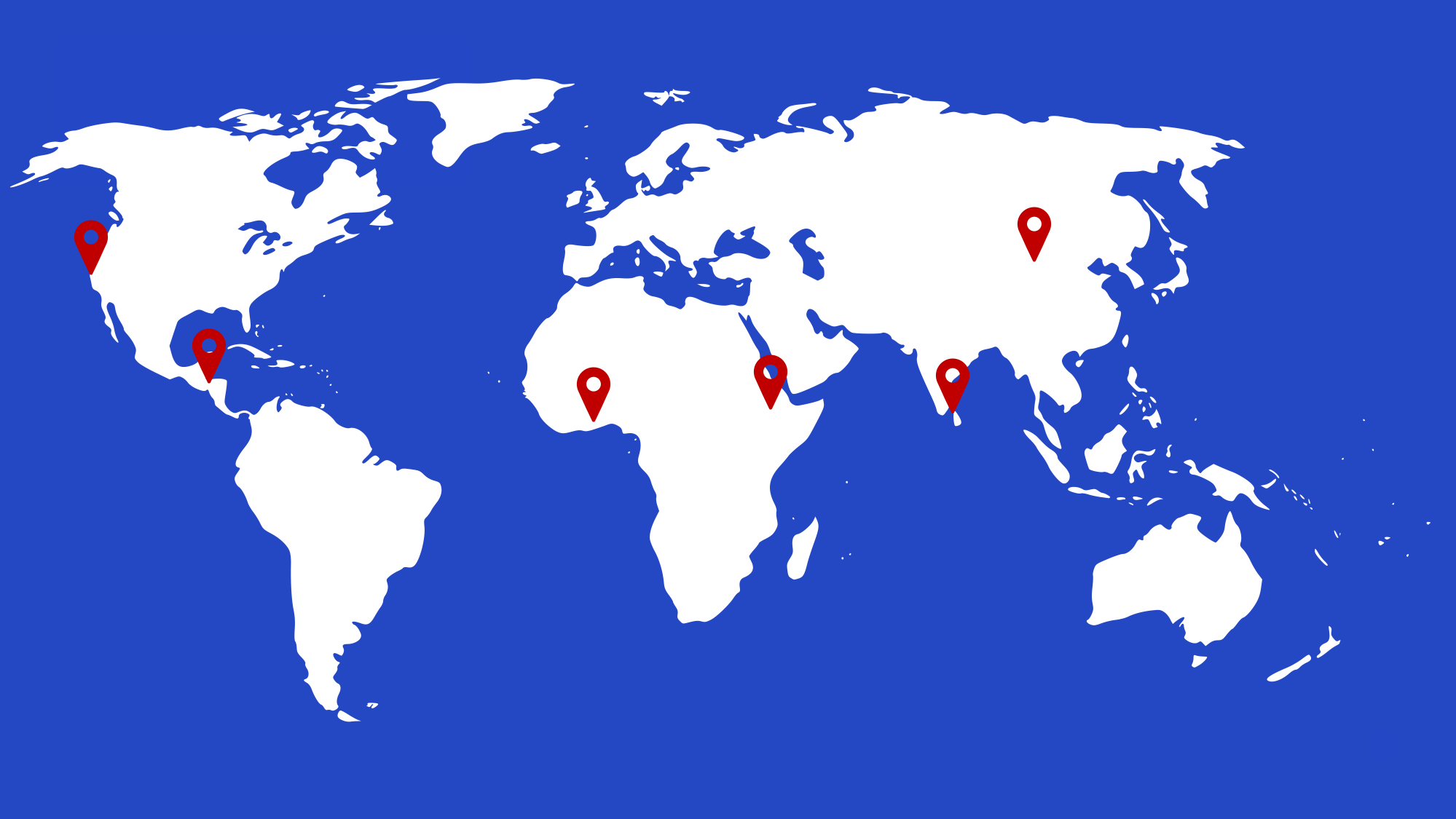
Under the first phase of European Spaces of Culture, six pilot projects are implemented to test innovative models of collaboration until April 2021. These projects range from building a network of makers' spaces in West-Africa and raising awareness of the danges of air pollution in Mongolia, to co-production and travelling perdormances of contemporary drama in Central America.
Evaluation and policy recommendations
The projects are evaluated with help of a monitoring & evaluation toolkit, designed as pilot for the European Spaces of Culture projects. Based on the findings of the individual projects and the European Spaces of Culture as a whole, a set of policy recommendations will be elaborated for future policy making (including funding) that will include an evidence-based, suitable process for the future implementation of the European Spaces of Culture initiative.
The results of the project and the policy recommendations will be presented at the public conference in Brussels in June 2021.
The first Call for Ideas was launched in April 2019, searched for project ideas creating a partnership based on equal footing between local stakeholders - from civil society, the public and other sectors -, European cultural institutes (EUNIC), and EU Delegations.
The Call resulted in 42 eligible applications coming from all corners of the world, involving 121 local partners, 30 EUNIC members, and 39 EU Delegations. The proposed ideas covered 51 countries in total, as some focused on cross-border activities. Proposals were based on the values of cultural relations put forth in the EU strategic approach to international cultural relations of 2016, such as engaging in dialogue, mutual listening and learning; people-to-people approach; bottom-up approach; co-creation and joint capacity building.
During the Creative Lab phase, ten preselected ideas were working on their partnerships and project proposals for implementation. Among other things, they conducted research and organised internal and external meetings to gather input. Some project teams were already testing artistic performances leading up to the pilot projects.
On 17 January 2020 the international selection committee selected the five proposals to be implemented as first set of pilot projects. After deliberating all ten applications along the lines of all the selection criteria, the committee chose the five proposals to be implemented and to be awarded 50,000 euros. A sixth pilot project is implemented as well in Ethiopia under the umbrella of European Spaces of Culture.
The independent jury for the selection of the first projects was composed of experts in the field of cultural relations projects, with varied backgrounds and expertise in different cultural disciplines and lines of work. They met in Brussels for the first selection and conducted the second selection online.
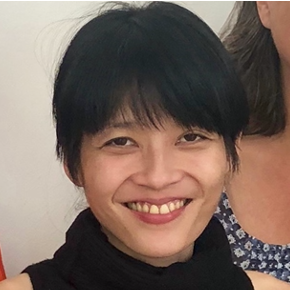
Cecil Mariani
Creative consulting, independent artist and design professional; Researcher at the Purusha Research Cooperative and lecturer at the Jakarta Art Institute.

Kateryna Botanova
Co-curator of CULTURE-SCAPES festival in Basel; cultural critic, journalist, curator, former director of Foundation Center for Contemporary Art Kyiv from 2009-2015.

Yemisi Mokuolu
Founder and CEO of Hatch Ideas, Hatch Events and Hatch Africa; social entrepreneur, Independent theatre and festival producer and creative industries consultant.

Mechtild van den Hombergh
Programme Coordinator Next Generation, Prince Claus Fund; formerly Executive Director DOEN Foundation, Fund Manager for Foundation Tejchevé.
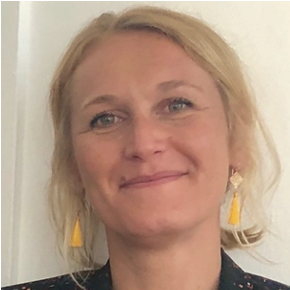
Gaëlle Sundelin
United Nations EERC, social entrepreneur, journalist; Former Project Manager, EUNIC cluster Jordan (Institut français in Jordan).
The Creative Labs bring together representatives from the pre-selected project teams. In September 2019, representatives from the ten pre-selected project teams discussed among themselves and with experts how their proposed idea can be elaborated further to be presented as pilot project and how to include monitoring and evaluation (M&E) schemes to bring forward their application.
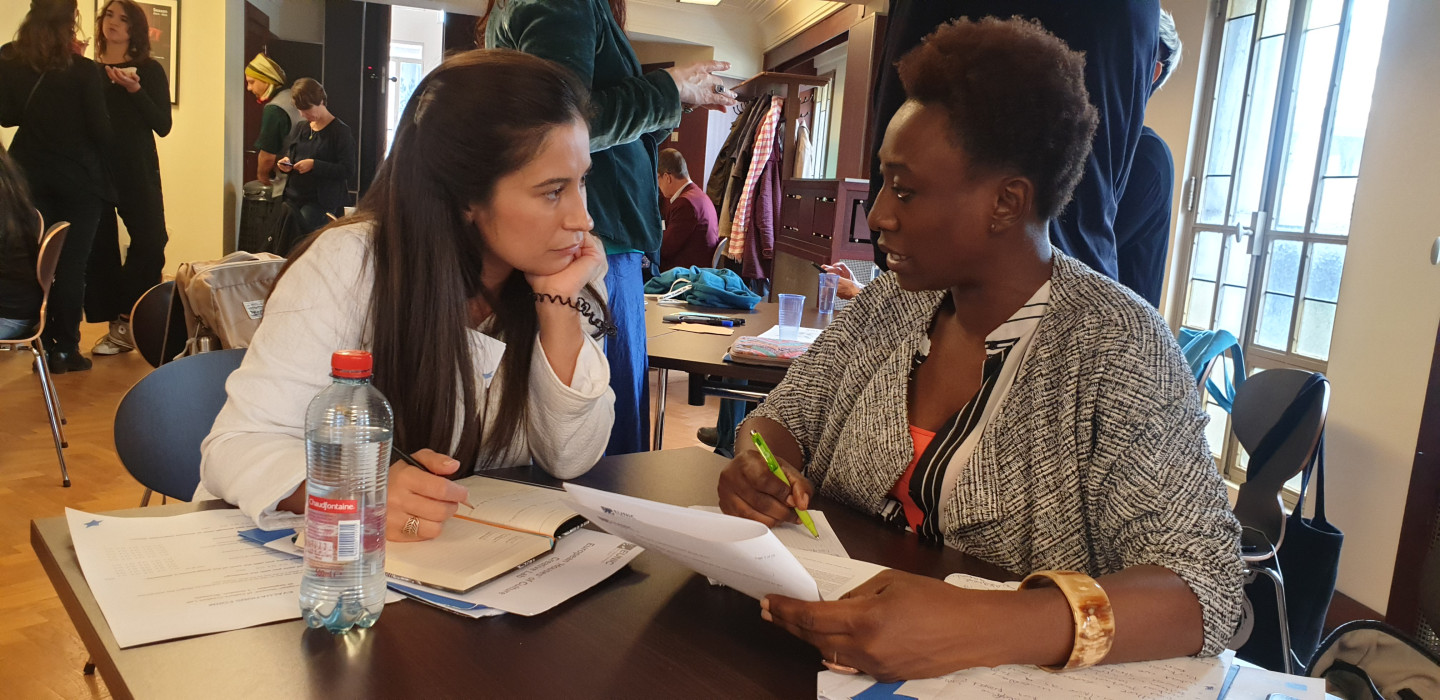
Paula Matos da Costa (Embassy of Portugal in Guinea Bissau, left) and Yemisi Mokuolu.
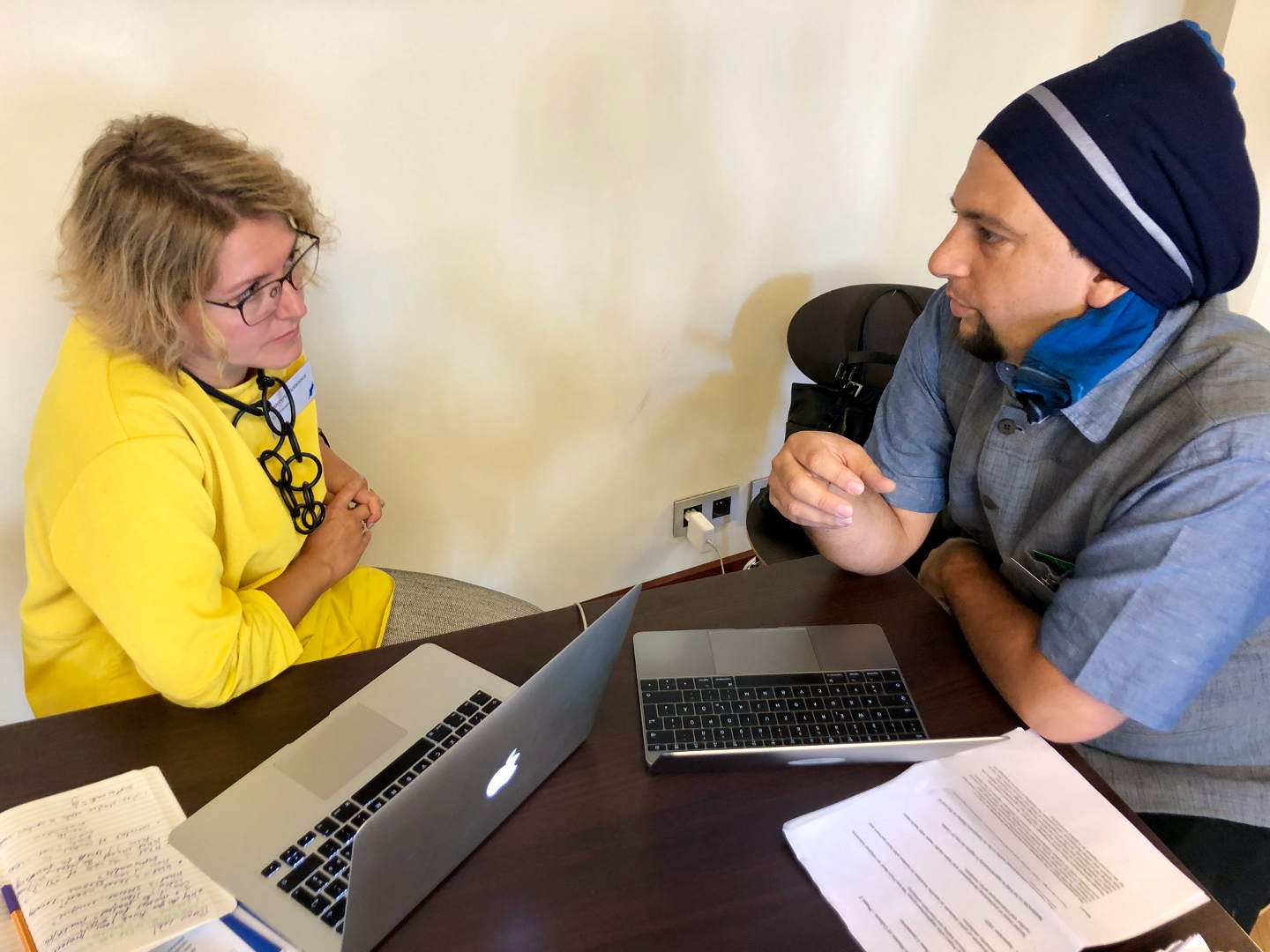
Kateryna Botanova and Jan Ramesh de Saram (Goethe-Institut Sri Lanka).
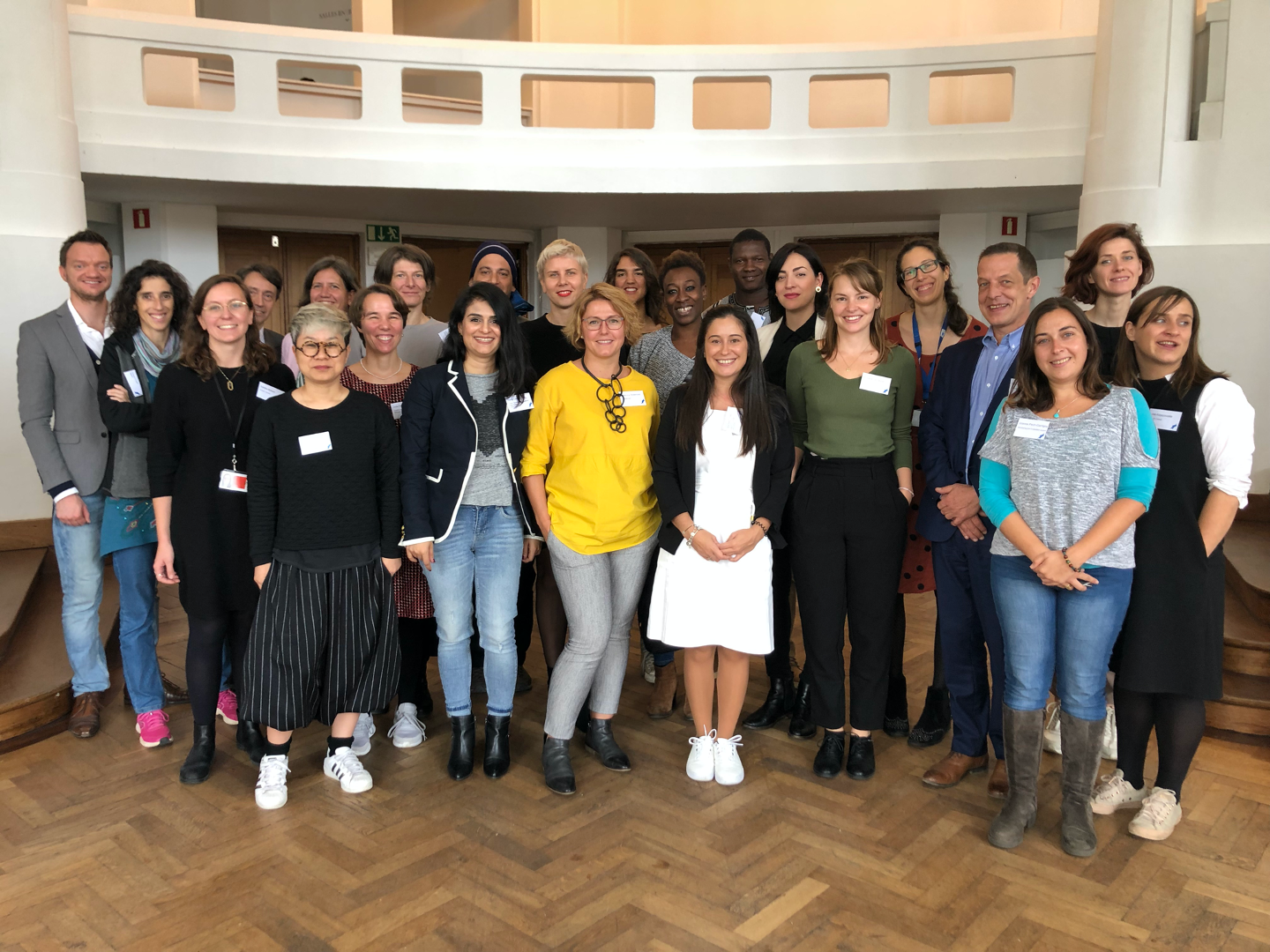
Participants of the Creative Lab in Brussels.
This baseline mapping report presents the results of the mapping process early on in the project. The mapping process has looked at past and current practice of European collaboration in culture, over the past 30 years, both inside and outside of the EU, realised by EUNIC members as well as by other actors or
organisations (e.g. civil society).
Not intended to be a comprehensive inventory of all initiatives that could be labelled as European Spaces of Culture, it rather serves as inspiration for future collaboration projects. The baseline report proposes a typology of collaboration models with examples of projects.
The role of culture in EU external relations has been a priority for the EU since 2007. Over the past few years, there has been a shift in the EU’s approach to international cultural relations, with the emphasis being placed in going beyond the notion of presenting the diversity of European cultures and focusing instead on a cultural relations approach based on people-to-people contacts.
A turning point in this process was the Joint Communication "Towards an EU strategy for international cultural relations”, jointly published in June 2016 by the High Representative of the Union for Foreign Affairs and Security, Federica Mogherini, and the European Commission. This document sets the framework for the EU and its Member States’ activities in international cultural relations. It calls for enhanced cooperation between EUNIC, the European External Action Service (EEAS), and the European Commission (EC).
In 2017, EUNIC signed a partnership agreement, an Administrative Arrangement, with the European Commission – represented by the Directorate General for Education, Youth, Sport and Culture (EAC) – and the European External Action Service (EEAS). In the Arrangement, the three parties agree to initiate joint pilot activities to enhance cooperation between EU Delegations and EUNIC clusters.
In July 2018, EUNIC was invited by the European Commission to submit a proposal to test and define the concept of European ‘Houses’ of Culture - later renamed to European Spaces of Culture. EUNIC Global submitted its proposal to the European Commission, in particular the Directorate-General for Education, Youth, Sports and Culture (DG EAC), in September 2018. It was received positively, and the project was launched in December 2018. On 1 January 2021, the second phase of the Preparatory Action started with the second Call for Ideas.

